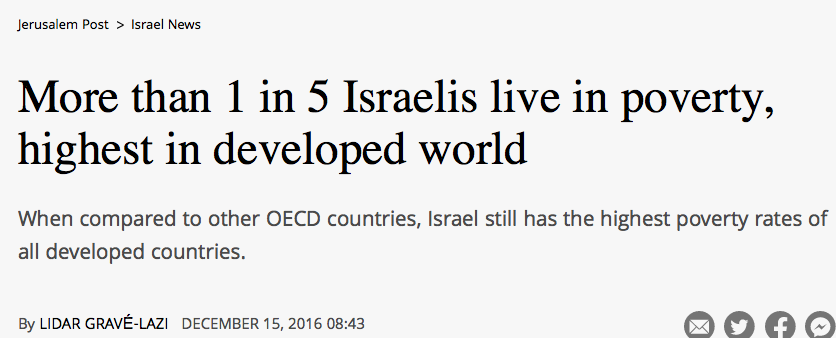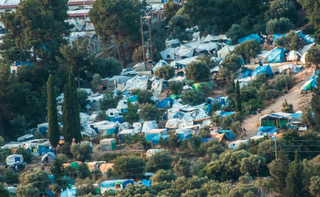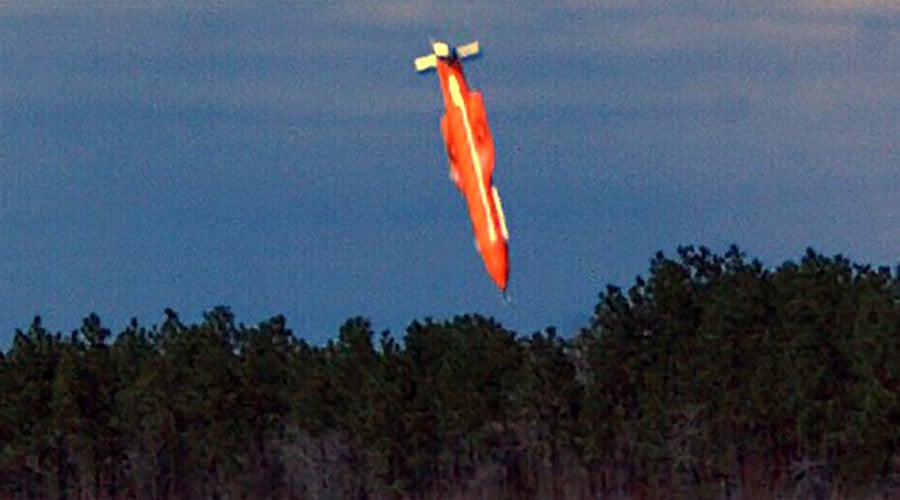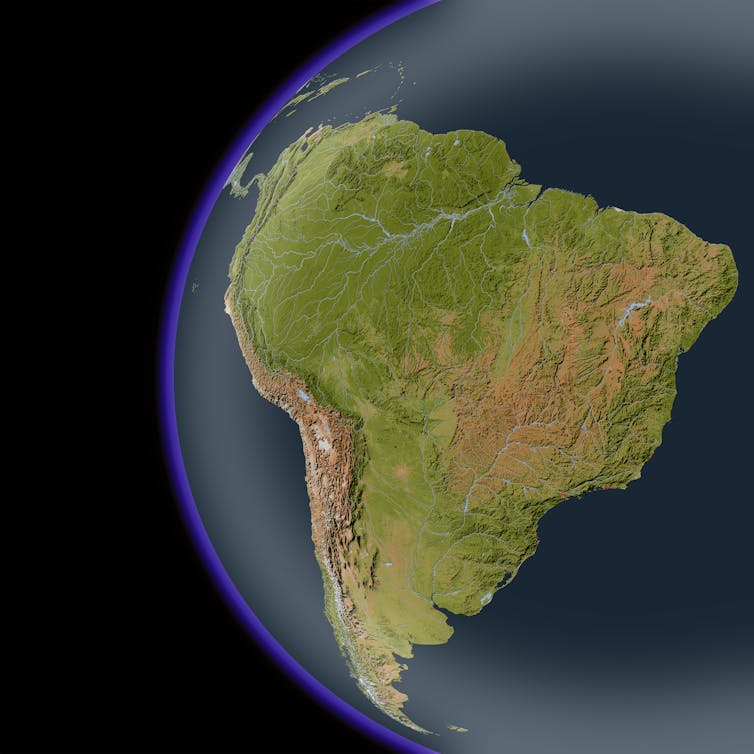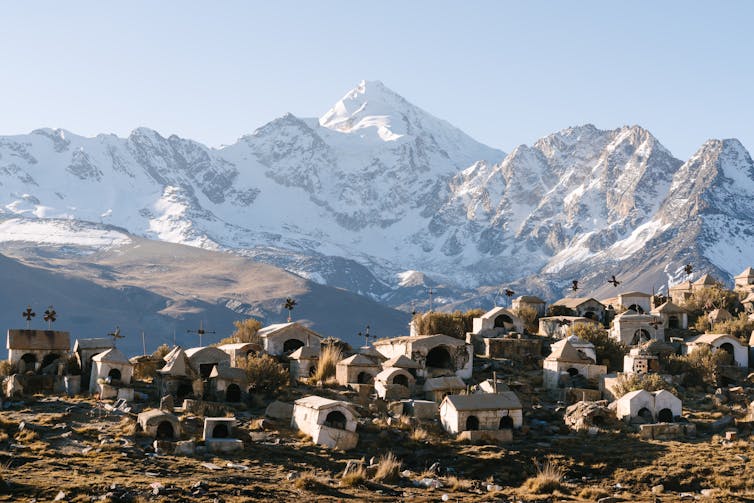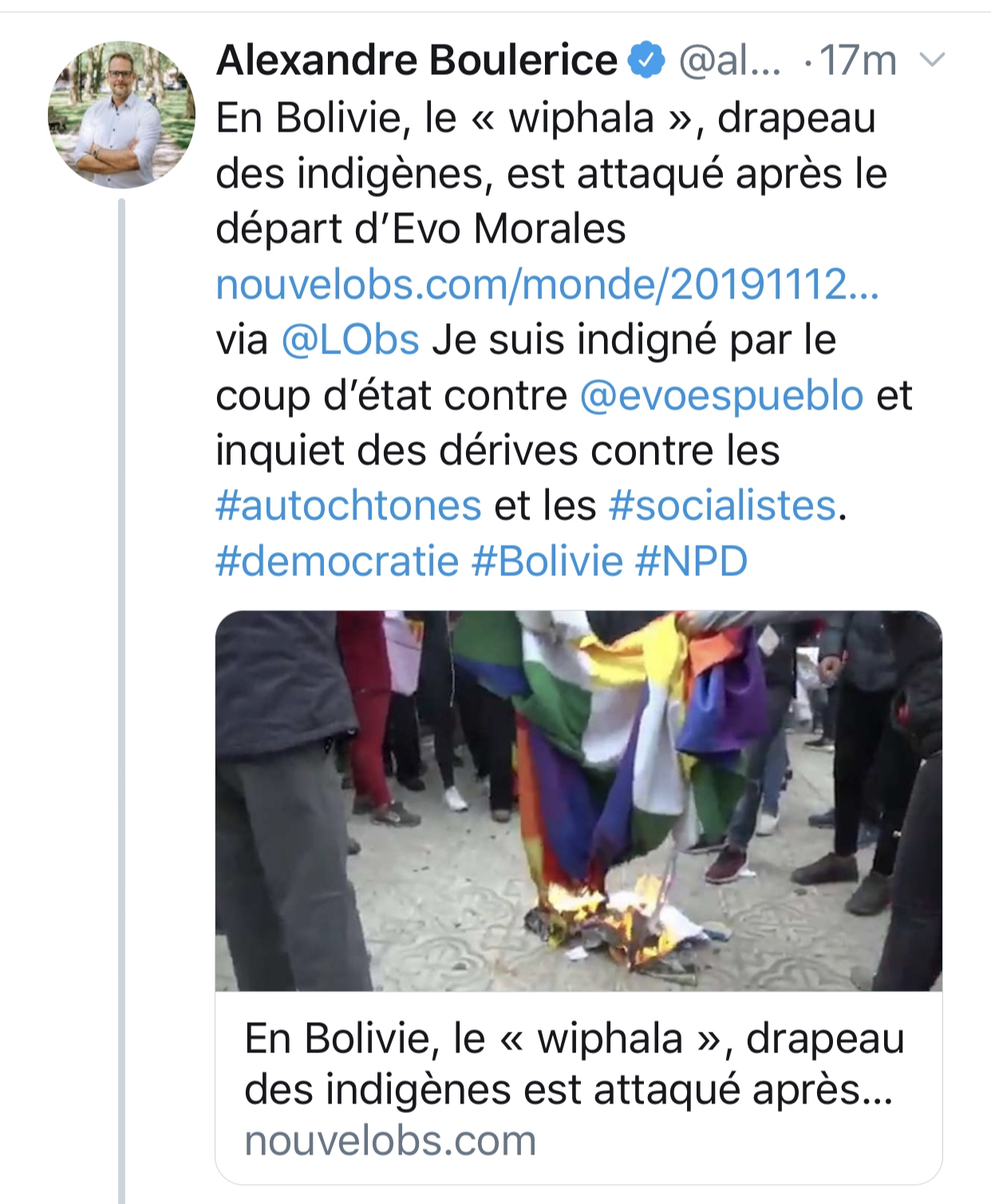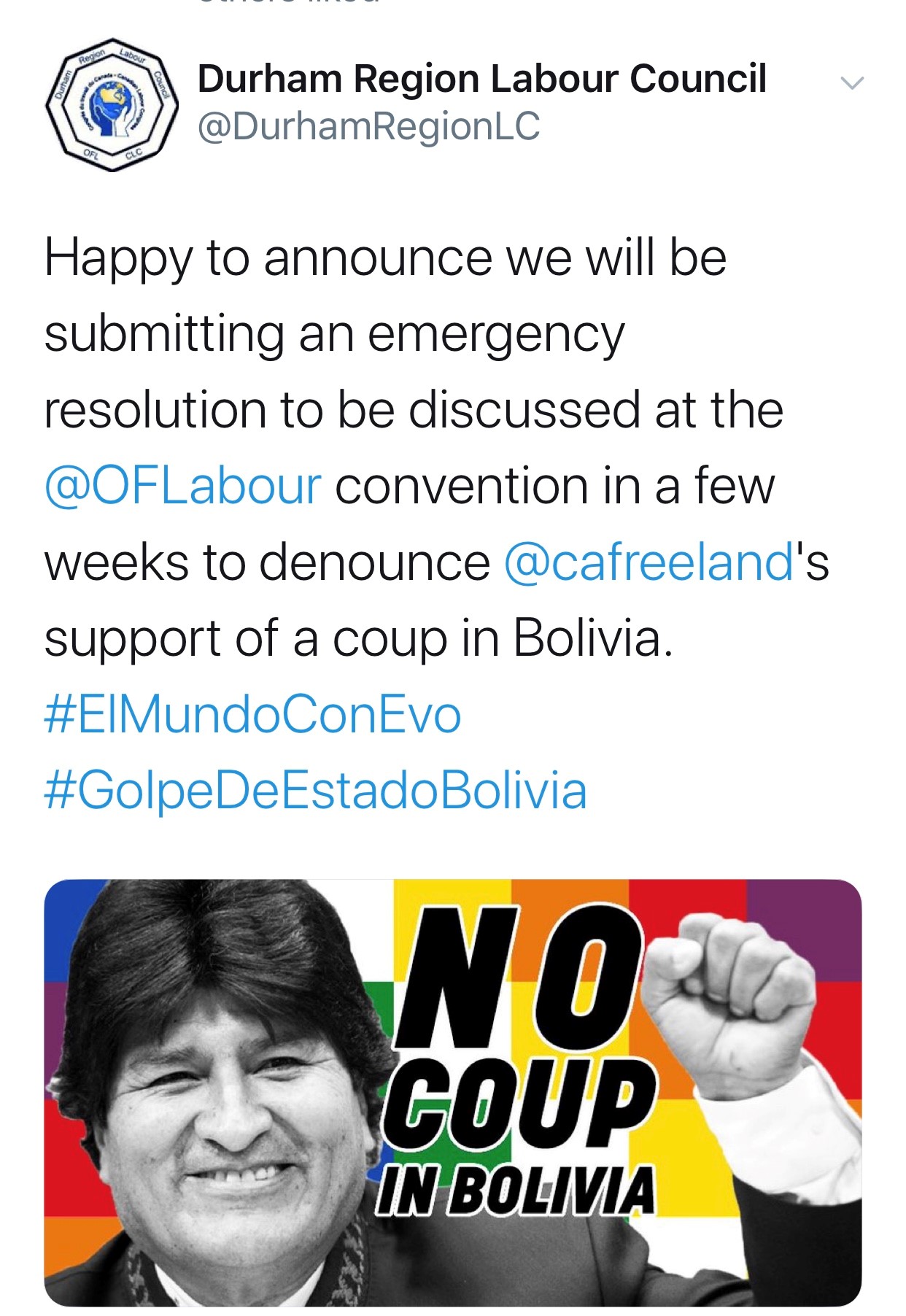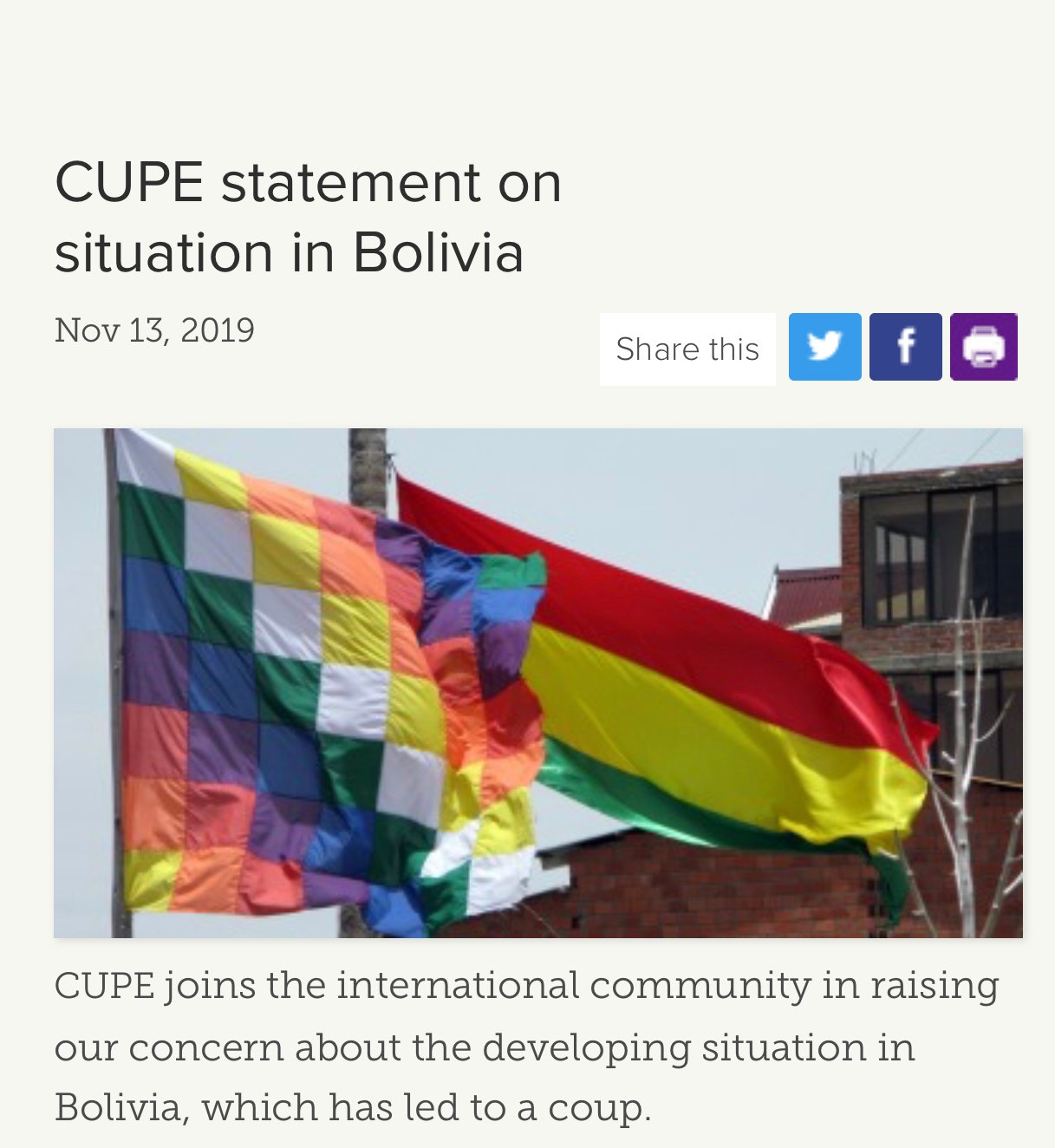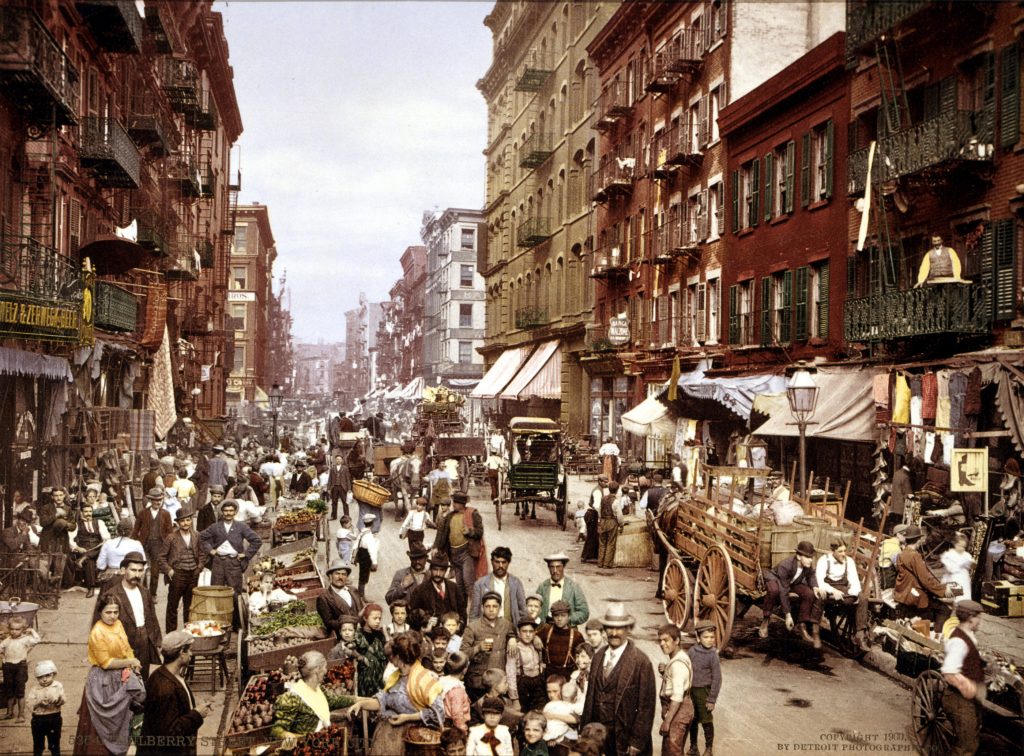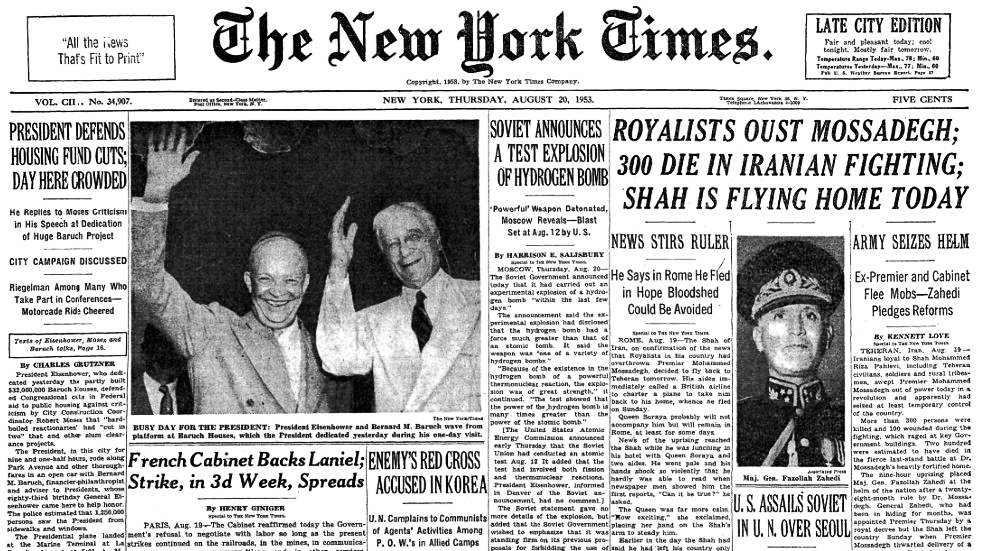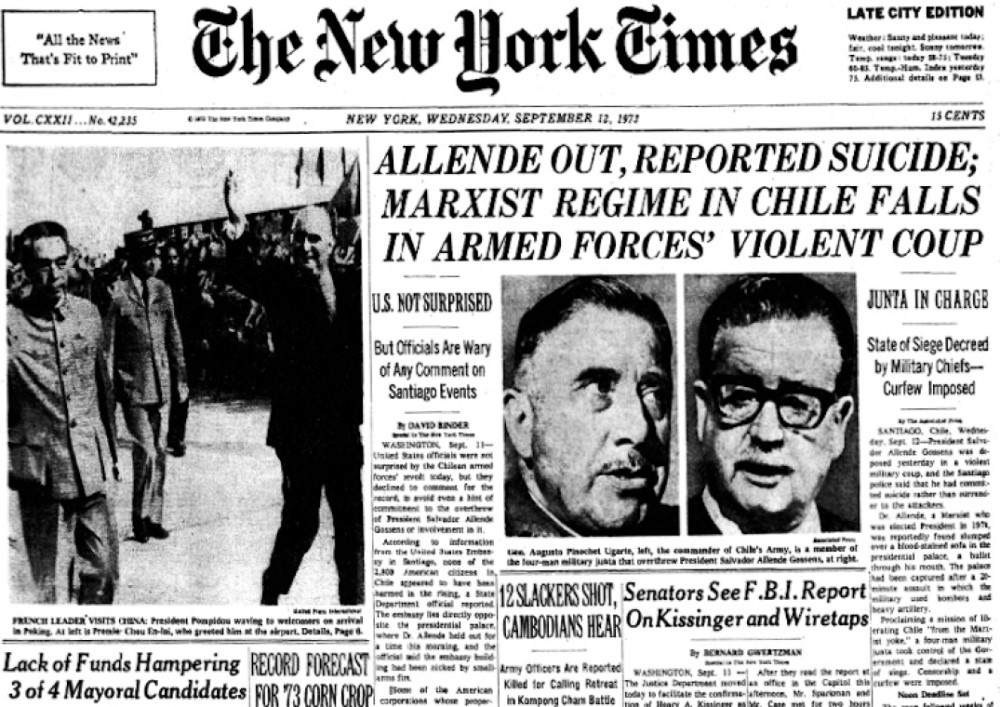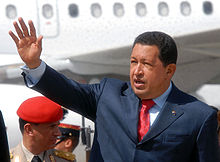According to Victoria Charles, a biographer of French Post-Impressionist painter Paul Gauguin (1848-1903), the artist died in Atuona, in the Marquesas Islands in French Polynesia, “having lost a futile and fatally exhausting battle with colonial officials, threatened with a ruinous fine and an imprisonment for allegedly instigating the natives to mutiny and slandering the [French] authorities, after a week of acute physical sufferings [from syphilis] endured in utter isolation.”
Upon receiving the news of the death “of their old enemy, the bishop and the brigadier of gendarmes—the pillars of the local [French] colonial regime—hastened to demonstrate their fatherly concern for the salvation of the sinner’s soul by having him buried in the sanctified ground of a Catholic cemetery. Only a small group of natives accompanied the body to the grave. There were no funeral speeches, and an inscription on the tombstone was denied to the late artist.” The bishop subsequently wrote in his regular report to Paris: “The only noteworthy event here has been the sudden death of a contemptible individual named Gauguin, a reputed artist but an enemy of God and everything that is decent.”

Paul Gauguin, Ta Matete, 1892, Kunstmuseum Basel
Over the course of the next several decades, Gauguin’s importance as an artist became widely recognized. His influence on Henri Matisse, André Derain, Pablo Picasso, Georges Braque, Fauvism and Cubism was especially significant. Matisse argued that Gauguin had “cleared the way,” along with Eugène Delacroix, Vincent van Gogh and Paul Cézanne, for the “rehabilitation of the role of colour, and the restitution of its emotive power.”
Meanwhile, the opinions of “the bishop and the brigadier of gendarmes” concerning Gauguin’s “contemptible” life-style and activity came to be viewed with disdain—or, more to the point, were simply forgotten. Simultaneously, his paintings of Tahitian women and landscapes, in particular, with all their inevitable contradictions, gained favor among great numbers of people for their brilliant color, expressiveness and sympathy.
However, the contemporary intelligentsia, in its degeneration and decay, unoriginal and uninspired to the core, is effectively reviving the slanders of the aforementioned “pillars of the colonial regime”—now in the name, ironically, of supposed anti-colonialism and feminism.
Objectively, this heavy-handed effort by affluent middle-class layers is directed toward encouraging conformism and staving off the growing radicalization of young people, in particular. Treated outside of any historical or psychological context, Gauguin’s life is turned into a cautionary tale about the dangers of straying from the dictates of today’s petty-bourgeois moralists. Born out of instinctive social fear and economic self-interest, this dishonest accounting of his art and life is a form of intellectual intimidation.
Image on the right: Paul Gauguin, Two Tahitian Women, 1899

The New York Times embodies and spearheads this modern-day philistinism and political reaction. Outraged by Gauguin’s continuing popularity with many art lovers and the public at large, the Times and its international allies, the Guardian in Britain, for example, along with various academics and art critics, have been attempting for some years to destroy Gauguin’s reputation.
As one such figure, Norma Broude, put it, the “awakening” in the early 1970s in regard to Gauguin’s supposed sins “did little to alter Gauguin’s place in the mainstream canon, if judged by the steady stream of major exhibitions that have continued to appear down to the present day.” She continued: “But it did lead at the time to a vehement rejection and repositioning of Gauguin in the feminist art-historical literature, where he soon came to be castigated, as much for his life as his art, in terms of late-twentieth-century standards and moralities in general and in terms of feminist and postcolonial ones in particular. ” [Emphasis added]
The well-heeled and complacent perpetrators of this campaign do not let the complex facts of Gauguin’s life and career, including his immense sacrifice and suffering, stand in their way.
In the latest attack, the Times published an article November 18 with a headline that posed the question, “Is It Time Gauguin Got Canceled?” The sub-headline continued, “Museums are reassessing the legacy of an artist who had sex with teenage girls and called the Polynesian people he painted ‘savages.’” The new piece, by culture writer Farah Nayeri, forms part of the Times ’ relentless promotion of sexual, gender and racial politics.
Image below: Paul Gauguin, 1891

The article begins provocatively: “‘Is it time to stop looking at Gauguin altogether?’ That’s the startling question visitors hear on the audio guide as they walk through the ‘Gauguin Portraits’ exhibition at the National Gallery in London. The show, which runs through Jan. 26, focuses on Paul Gauguin’s depictions of himself, his friends and fellow artists, and of the children he fathered and the young girls he lived with in Tahiti.”
Who would pose such a “startling”—and foul—question about a major artist? In the past, only deservedly hated censors and authoritarian governments proceeded along these lines. This has been the language and behavior of the extreme right. What is the implied alternative to people “looking at Gauguin?” Should we censor or burn his work to prevent it from being seen by the general public?
National Gallery officials should be ashamed of themselves for even raising such a question. They are capitulating shamefully to the current upper-middle-class obsession with sexual conduct, projected into the past in the case of someone like Gauguin. Victorianism and prudery have reconquered these strata, without much apparent resistance.
Nayeri writes later: “In the international museum world, Gauguin is a box-office hit. There have been a half-dozen exhibitions of his work in the last few years alone, including important shows in Paris, Chicago and San Francisco. Yet in an age of heightened public sensitivity to issues of gender, race and colonialism, museums are having to reassess his legacy.”
One of the know-nothing philistines that Nayeri cites is Ashley Remer, a New Zealand-based American curator, who asserts “that in Gauguin’s case the man’s actions were so egregious that they overshadowed the work.” Nayeri quotes Remer as saying, “He was an arrogant, overrated, patronizing pedophile, to be very blunt.”
Again citing Remer, the Times piece continues: “If his paintings were photographs, they would be ‘way more scandalous,’ and ‘we wouldn’t have been accepting of the images.’”
Nayeri goes on: “Ms. Remer questioned the constant exhibitions of Gauguin and the Austrian artist Egon Schiele, who also depicted nude underage models, and the ways those shows were put together. ‘I’m not saying take down the works: I’m saying lay it all bare about the whole person,’ she said.”
Image on the right: Paul Gauguin, Vahine no te tiare(Woman with a Flower), 1891, Ny Carlsberg Glyptotek

Of course, the logic of her argument leads precisely in the direction of “taking down the works,” or, rather, not putting them up to begin with. Why else “question” the obviously irritating “constant exhibitions?” At any rate, who is Remer, someone without the slightest artistic or intellectual standing, to determine that Gauguin is “overrated?”
The Times is pursuing a two-pronged campaign. On the one hand, the newspaper gloats over and incites present-day efforts, for example, in France (and elsewhere) to suppress Roman Polanski’s film J ’ accuse ( An Officer and a Spy ) on the Dreyfus affair and anti-Semitism, and on the other, it aggressively urges the exclusion of artists from the past of whom its middle-class constituency is encouraged to disapprove.
What atrocities are still to come? Who will be next in this Vandal-like effort to blot out troubling cultural personalities?
Paul Gauguin was a major artistic figure, whose painting had a genuine influence on the development of modern art. When one considers the occasionally brutal or callous details of his personal life, or simply his bluntness, it is worth considering the harsh and bloody social framework that helped shape him.
The future painter was born in Paris on June 7, 1848, as one biographer noted, “in the midst of the revolutionary events when barricade fighting was going on in the streets of the city.” June 1848 witnessed the mass uprising of the Paris working class and its subsequent murderous suppression by the French army under General Louis-Eugène Cavaignac. More than 10,000 people were killed or wounded in the fighting, including thousands of insurgents—another 4,000 political prisoners were later deported to Algeria. With the final triumph of the status quo in late June, wrote Karl Marx, “the bourgeoisie held illuminations while the Paris of the proletariat was burning, bleeding, groaning in the throes of death.”
Gauguin’s parents were the French-Peruvian Aline Maria Chazal, daughter of the socialist Flora Tristan, and liberal journalist Clovis Gauguin. In the autumn of 1849, for political reasons, the family left for Peru, where Gauguin lived until the age of 7.
Paul and his mother eventually returned to France (his father having died en route to South America), living at first in Orléans in the house of an uncle then under police surveillance due to his role in the 1848 revolution.

Paul Gauguin, Where Do We Come From? What Are We? Where Are We Going?, 1897-98
At 17, Paul joined the merchant marine and three years later, the French Navy. Following the collapse of the French forces in the Franco-Prussian war, he returned to Paris in April 1871, in the midst of the Commune. In the wake of the defeat of the working class in that new upheaval (and once more, mass killings by the French military), Gauguin found a job with a brokerage firm. He married a Danish woman, Mette-Sophie Gad, in 1873, and over the next 10 years they had five children.
Gauguin lived a more or less settled, bourgeois life, but began painting in his spare time. He encountered Camille Pissarro, the anarchist Impressionist painter, also a mentor of Cézanne, and other painters during these years. Gauguin began exhibiting works of his own in the early 1880s.
The stock market crash of 1882 had a serious impact on his life. A commentator notes that it “put an abrupt stop to Gauguin’s double life as a broker and an artist.” He lost his employment and moved his family to Copenhagen in 1884 to pursue a business opportunity, which soon failed. Gauguin then returned to Paris, alone, to take up the full-time vocation of artist. His wife and children returned to her family in Denmark. Mette went to work as a translator and teacher.
In the latter part of the 1880s, Gauguin underwent many difficulties, including extreme poverty and deprivation. Famously, of course, he lived with van Gogh in Arles, in the south of France, for nine weeks in 1888. Like van Gogh, he experienced deep frustration and depression (and later, in the 1890s, attempted suicide).
Dissatisfied with Impressionism, which he considered disorganized and insubstantial, finding Paris to be suffocating, and, “in the hopes of retrieving some lost, uncorrupted past from which art could be renewed,” in another biographer’s words, Gauguin traveled to Brittany, Panama and Martinique (where he contracted dysentery and malaria) in 1886–87.
In a letter to a critic written in 1899, Gauguin observed, “We painters, we who are condemned to penury, accept the material difficulties of life without complaining, but we suffer from them insofar as they constitute a hindrance to work. How much time we lose in seeking our daily bread! The most menial tasks, dilapidated studios, and a thousand other obstacles. All these create despondency, followed by impotence, rage, violence.”

Paul Gauguin, Self-portrait, 1889–1890, Musée d’Orsay, Paris
In 1891, dissatisfied with a lack of recognition, destitute and driven by the desire to escape conventional civilization, Gauguin set off for Tahiti, convinced he would find there a more elemental and less artificial way of life. His memoir-travelogue of that first visit, Noa Noa (“very fragrant”), makes remarkable reading, and, if viewed objectively, dispels many of the misconceptions that persist about Gauguin.
Astonishingly and rather bravely, if foolishly from any “sensible” point of view, Gauguin landed in Tahiti with virtually no money (a public sale in Paris of 30 paintings was enough to cover the cost of the trip) and no knowledge of local customs or the language. His first reaction was disappointment at the degree to which colonization had transformed what he imagined would be an uncontaminated Eden.
French Polynesia, it seemed, “was Europe—the Europe which I had thought to shake off—and that under the aggravating circumstances of colonial snobbism, and the imitation, grotesque even to the point of caricature, of our customs, fashions, vices, and absurdities of civilization. Was I to have made this far journey, only to find the very thing which I had fled?” And later: “The dream which had brought me to Tahiti was brutally disappointed by the actuality. It was the Tahiti of former times which I loved. That of the present filled me with horror.”
His attitude changed somewhat after he removed to a more remote area, where he was entirely reliant on the local people—all his provisions having run out after a day or two!
Gauguin’s description of his life includes quite candid and extended passages about the Tahitian girl, Tehura, he lived with and whom he came to love, and who loved him: “This child of about thirteen years (the equivalent of eighteen or twenty in Europe) charmed me, made me timid, almost frightened me.”
Gauguin returned to France in 1893, leaving his Tahitian “wife” behind. After experiencing further career and personal difficulties, including a definitive break with Mette, the artist returned to Polynesia in 1895. During the last years of his life he often came into conflict with the colonial authorities and the Catholic Church. “In 1903,” one biography explains, “due to a problem with the church and the government, he was sentenced to three months in prison, and charged a fine … He died of syphilis before he could start the prison sentence.”
The reader is free to examine the biographical details and draw his or her own conclusions. Even if one were to determine, however, that Gauguin acted irresponsibly or reprehensibly in Tahiti, to what extent, if any, do the more unseemly facts qualitatively or even identifiably mar his work? Some separation has to be made between the artist and his or her biography, a separation almost always made, for example, in the case of a scientist.
The serious artistic personality is often better than him or herself. Arbitrary and ahistorical moralizing is worse than useless in such cases. Gauguin produced deeply affecting images. No honest viewer could seriously suggest that his depictions of Tahitian life have encouraged colonialist or other backward and reactionary attitudes.
It is true that Gauguin referred to the Tahitians as “savages.” In the first place, however, if it were the case that he was a racist, that would not by itselfdisqualify his art work. There is still the question of its objective truth as a picturing of life. Unhappily, the roll of artists afflicted with intense anti-Semitism, for example, is quite long, including, of course, Richard Wagner, Edgar Degas and Pierre-Auguste Renoir.
In any event, any serious attention to Gauguin’s work and writings puts the lie to stupid and reductionist conceptions. He could not jump out of his skin any more than anyone else, and there are condescending and prejudiced views expressed in Noa Noa, which one is not surprised to find in the thinking of a 19th century petty-bourgeois European. On the whole, however, Gauguin developed profound admiration and affection for the Tahitians, (and even more so, later, the Marquesans), who befriended and sustained him. Countless passages in the work, indeed its entire thrust and purpose, confirm this.
Moreover, the art world pundits who refer to the painter’s comments about “savages” forget one small detail: for Gauguin, van Gogh and others of his artistic generation and ilk, savagery was something “devoutly to be wished.” In his writings, before and after his departure for Tahiti, Gauguin repeatedly referred to himself as a savage.
In a letter to Theo van Gogh (Vincent’s brother and Gauguin’s art dealer) in 1889, for instance, he remarked: “I am attempting to invest in these figures the savage I see in them, which is also in me.” On another occasion, he wrote, “I try to confront rotten civilization with something more natural, based on savagery.” Near the end of his life, in 1903, he observed, “I am a savage. And civilized people have an inkling of this, for in my works there is nothing that surprises or upsets if it is not this ‘savage in spite of myself.’”
What does this mean, this aspiration to so-called savagery? It was bound up, above all, with the confused reaction of artists and others in the 1880s and ’90s to the development of modern industry, large, crowded cities and mass society itself. As his various comments indicate, Gauguin viewed European society as false, deluded, soulless and corrupt.
He wished, he explained, to “be rid of the influence of civilization … to immerse myself in virgin nature, see no one but savages, live their life, with no other thought in mind but to render, the way a child would, the concepts formed in my brain and to do this with the aid of nothing but the primitive means of art.” This misguided response of artists to the development of modern capitalism was an objective historical question.
In his Nature of Abstract Art (1937), the left-wing art critic and historian Meyer Schapiro, an admirer of Leon Trotsky at the time, wrote persuasively about this phenomenon. It is worth citing his comments at some length:
The tragic lives of Gauguin and van Gogh, their estrangement from society, which so profoundly colored their art, were no automatic reactions to Impressionism or the consequences of Peruvian or Northern blood. In Gauguin’s circle were other artists who had abandoned a bourgeois career in their maturity or who had attempted suicide. For a young man of the middle class to wish to live by art meant a different thing in 1885 than in 1860. By 1885 only artists had freedom and integrity, but often they had nothing else. … Impressionism in isolating the sensibility as a more or less personal, but dispassionate and still outwardly directed, organ of fugitive distinctions in distant dissolving clouds, water and sunlight, could no longer suffice for men who had staked everything on impulse and whose resolution to become artists was a poignant and in some ways demoralizing break with good society. …
The French artists of the 1880’s and 1890’s who attacked Impressionism for its lack of structure often expressed demands for salvation, for order and fixed objects of belief, foreign to the Impressionists as a group. The title of Gauguin’s picture—“Where do we come from? What are we? Where are we going?”—with its interrogative form, is typical of this state of mind. But since the artists did not know the underlying economic and social causes of their own disorder and moral insecurity, they could envisage new stabilizing forms only as quasi-religious beliefs or as a revival of some primitive or highly ordered traditional society with organs for a collective spiritual life. This is reflected in their taste for medieval and primitive art, their conversions to Catholicism and later to “integral nationalism.” …
The reactions against Impressionism, far from being inherent in the nature of art, issued from the responses that artists as artists made to the broader situation in which they found themselves, but which they themselves had not produced.
Schapiro further noted that it is, in fact, “a part of the popular attraction of van Gogh and Gauguin that their work incorporates (and with a far greater energy and formal coherence than the works of other artists) evident longings, tensions and values which are shared today by thousands who in one way or another have experienced the same conflicts as these artists.”
This sensitivity to the social process and the dilemmas confronting artists at specific moments in history, as well as to the source of their work’s popular appeal, is entirely and eternally a closed book to the identity politics fanatics at the Times. The latter are pursuing a political-ideological course whose success depends on numbing their audience to art and art criticism’s genuinely radical and even subversive sides, and focusing attention solely on their value as weapons in an intramural struggle for position and privilege within the affluent petty bourgeoisie. Gauguin’s life-work is mere additional collateral damage in that warfare.
*
Note to readers: please click the share buttons above or below. Forward this article to your email lists. Crosspost on your blog site, internet forums. etc.
All images in this article are from WSWS unless otherwise stated


